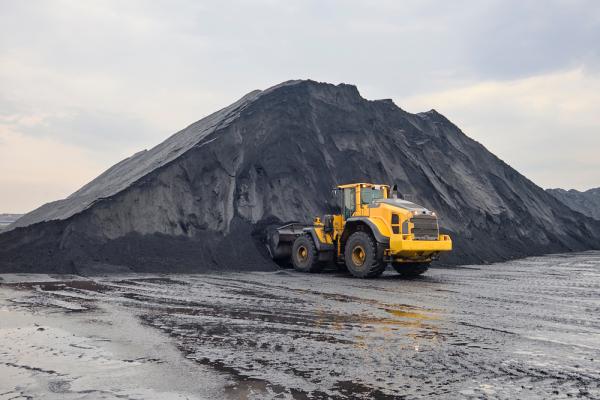
Steamship Mutual
Published: August 21, 2024
Within the IMSBC Code Iron Ore Fines are listed as Group A, a cargo that presents a recognised risk of liquefaction and, given the prolonged period of inactivity at some of these mines, Members should be mindful that the stockpiles of iron ore fines will have
been exposed to environmental elements such as monsoon rains, which could adversely impact the cargo characteristics and further elevate the risk of liquefaction. In recognition of this increased risk the Club would like to remind members of some of the key considerations when carrying such cargoes:
Prior to commencement of loading
- Ensure the vessel is certified for the carriage of Iron ore fines.
- Contact local agents to obtain the latest intelligence and information on the prevalent environmental conditions and any adverse impact that this may have on the condition of the cargo to be loaded.
- Ensure full compliance with the IMSBC code.
- Consider the appointment of an independent cargo surveyor to assist the Master and visually inspect cargo stockpiles, undertaking independent sampling and testing of the proposed cargo.
- Draw representative samples of cargo before commencement of loading
- Cargo declarations to be rigorously scrutinized for accuracy.
- Ascertain the Flow Moisture Point (FMP), Transportable Moisture Limit (TML), and Moisture Content (MC) of the cargo to be loaded.
- Scrutinise the authenticity and veracity of shippers cargo certificates, FMP, TML and MC, these should be in strict compliance with the IMO IMSBC Code requirements and issued by an approved laboratory. Per IMSBC code 4.5 - TML test certificate validity is 6 months from date of test and the MC certificate is valid for only 7 days.
- Cargo may be sourced from different stockpiles/barges, it is therefore important to visually inspect and perform can tests with samples from each stockpile/barge prior to loading. If can test is not satisfactory, further laboratory testing should be undertaken.
- Where there are any doubts as to the suitability of the cargo to be loaded notify the Club and consider the appointment of appropriate cargo experts.
During Loading:
- Operations overseen by a qualified mariner well experienced in the loading and carriage of iron ore cargoes.
- Monitor the condition of cargo arriving at the ship's side, ensuring only suitably dry cargo is accepted. Can tests and laboratory analysis for moisture.
- Obtain a moisture analysis report when approximately 75% of cargo is loaded to avoid potential delays in sailing.
- Obtain a final report on completion of loading to certify cargo is safe for sea
carriage.
Acknowledgments: With thanks to eDot solutions for bringing this to our attention and to Correspondents Crowe Boda for their support in preparing this Risk Alert.
Supportive Information
For further information please contact the Loss Prevention Department, Steamship Insurance Management Services Ltd
Tel: +44 20 7247 5490 e-mail [email protected]
Resources
Risk Alert 108


